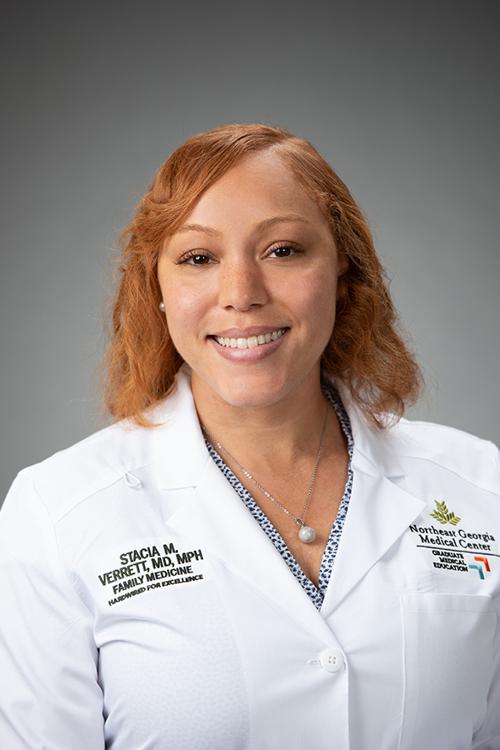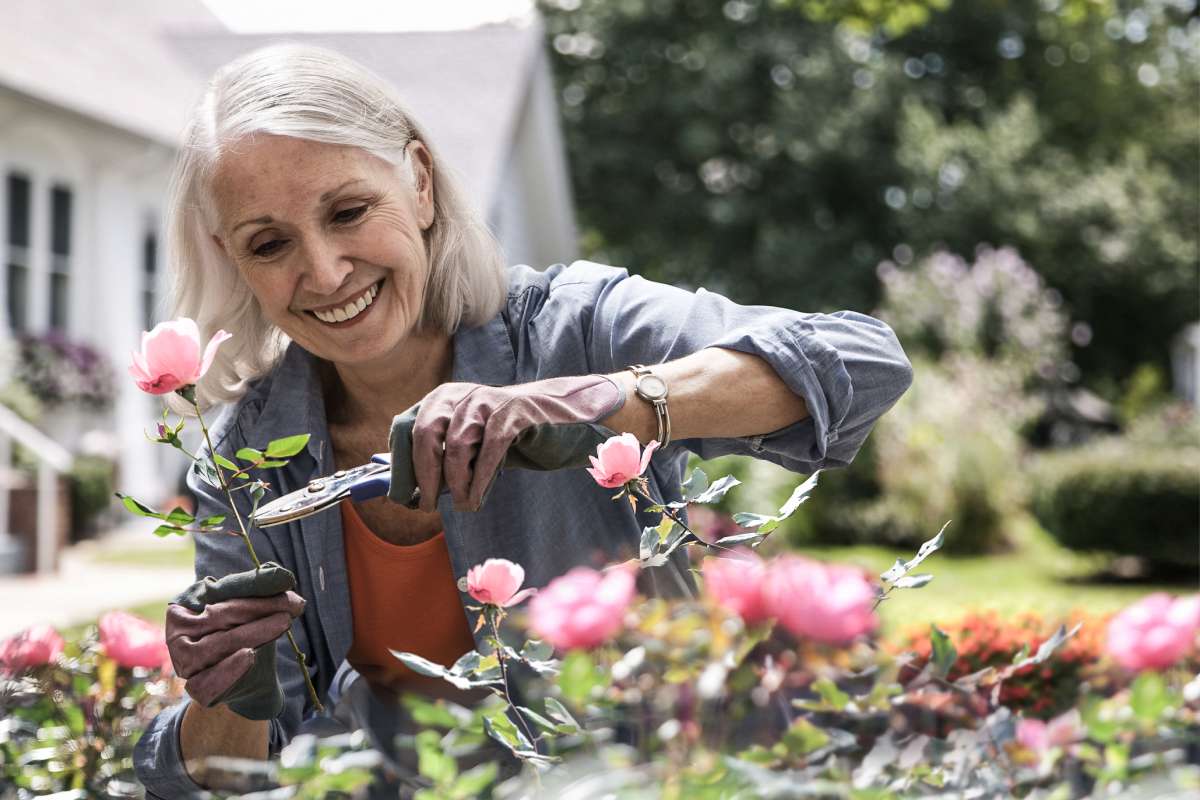As a Family Medicine resident, I was working my night shift within the loud and crowded emergency department when I found my way to a lady who was crying in pain. This was an older, mostly independent woman who was transported to the hospital after a horrible fall that left her laying on the ground in severe pain for hours. She had simply gone to her daughter’s house to check the mail when the pet cat caused her to lose her balance and fall down several stairs. At the hospital, x-rays showed that her hip bone was broken in many places, and she would now require surgery.
She is not alone. Over 36 million falls occur every year in the United States in people over 65 years old. Almost 300,000 of these falls result in broken hips and 42,000 result in death. Even for those that do not have these problems, after a fall, many people have less ability to move and a worse quality of life. What can be done to prevent falls from happening in the first place?
Who is at Risk for Falls?
Factors that can increase a person’s risk for falling include older age (over 75 years old), living alone, using a cane or walker, having bad vision, or having a history of previous falls. This list of risk factors applies not only to people who are older but also younger people. People who have suffered from a stroke can have problems with gaining back their normal strength, which can cause them to lose balance at times. Other people who are currently sick can also be at a higher risk for falling, regardless of age.
Falls can be very scary! The good news is that there are some screening tools that healthcare providers can use to determine if you or a loved one are at risk of a fall. Your balance and gait, which are a person’s way of walking, can be tested. One test is called the Timed Up and Go (or TUG) test, which looks at how long it takes you to stand up, walk 10 feet, turn around, walk back, and sit down again. Healthcare providers can also review current medications, ask about your living environment, and help to control other medical problems that could put you at higher risk of falling.
What Can You Do to Lower Your Risk of Falls?
With some simple steps, many falls can be prevented. You can create a home safety checklist with your healthcare provider to decrease potential dangers at home. Some things to think about on your checklist include the following:
- Remove boxes, pieces of paper and electrical wires from the ground.
- Keep shelves, book stands and plant stands out of walkways.
- Make sure rugs are secured to the floor with slip-resistant tape or anti-slip sheets.
- Install handrails on both sides of stairs and in showers, if possible.
- Repair damaged floors that stick up and could cause someone to trip and fall.
- Do not step over your pets – have them move out of your walkways.
- Keep pets and their supplies out of walkways.
- Put a collar or bell on your pet so that you can hear when they are nearby.
You can also create a safety plan with family or friends in the case of a fall and make sure you are always using your assistive devices when walking. Your healthcare provider may also recommend physical and occupational therapy, which can be helpful for some people with weakness. Joining a community center can be a great reward for individuals who may live alone and want opportunities to socialize. Research shows that participating in some form of physical activity can lower your risk of falling. As a bonus, finding a trusted friend group will allow you to check on each other and help one another when needed.
Community Resources to Help with Fall Prevention
Legacy Link, a division of The Area Agency on the Aging, is a great resource for older and aging people who live in the Georgia mountain region. One program available through Legacy Link is called A Matter of Balance, which helps older adults overcome the fear of falling by participating in physical activity that increases strength with a small group. Another program available through Legacy Link is Bingocize, a fun way to learn fall prevention exercises and play bingo! Habitat for Humanity, an organization that helps families build and improve homes, is also a great community partner. Through this organization is a national program called Aging in Place that helps older people create safe environments in their homes without needing to move. You can click here to learn more about Habitat for Humanity affiliates in your area.
If you are concerned about your or a loved one’s risk for falls, please schedule an appointment with your primary care doctor. If you do not have a doctor, you can find a doctor to care for your needs at Northeast Georgia Physicians Group today.


